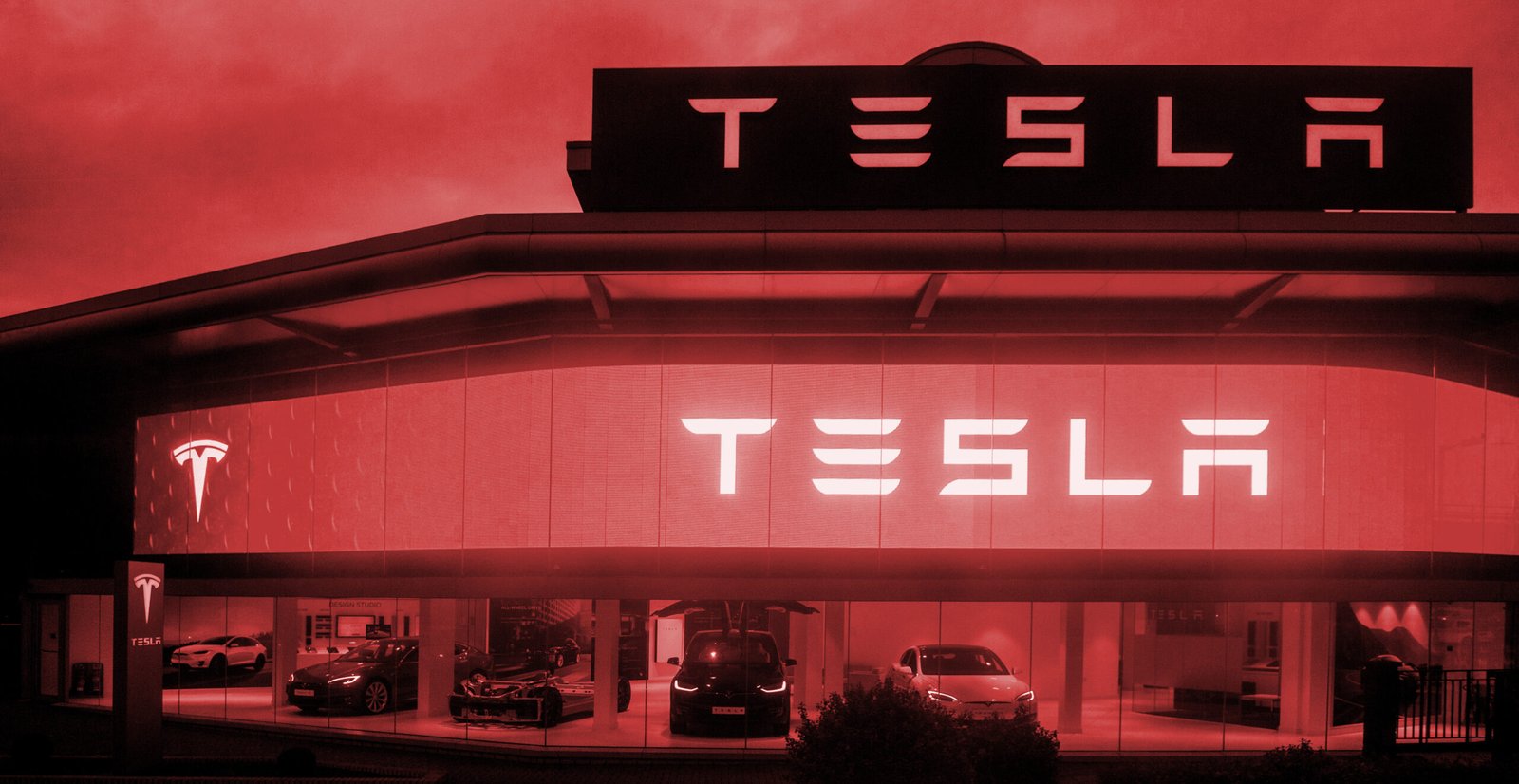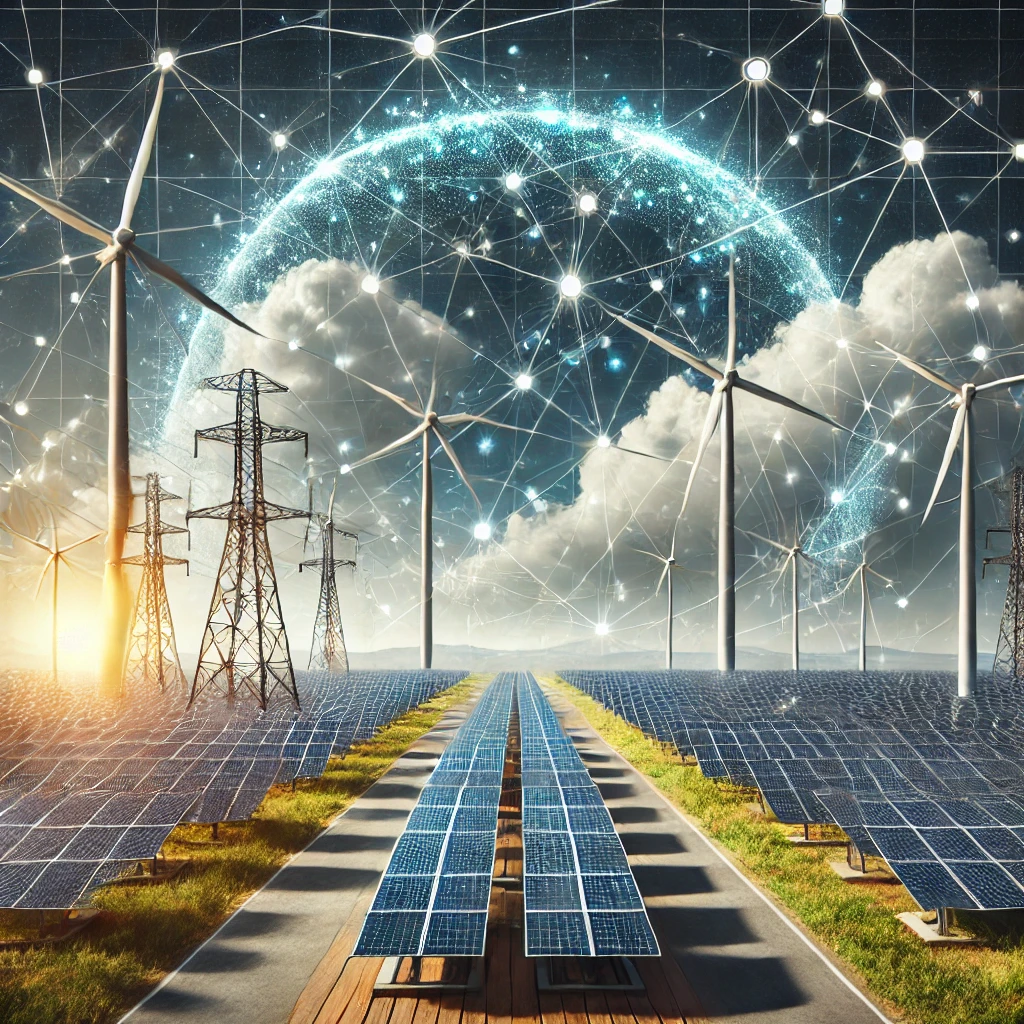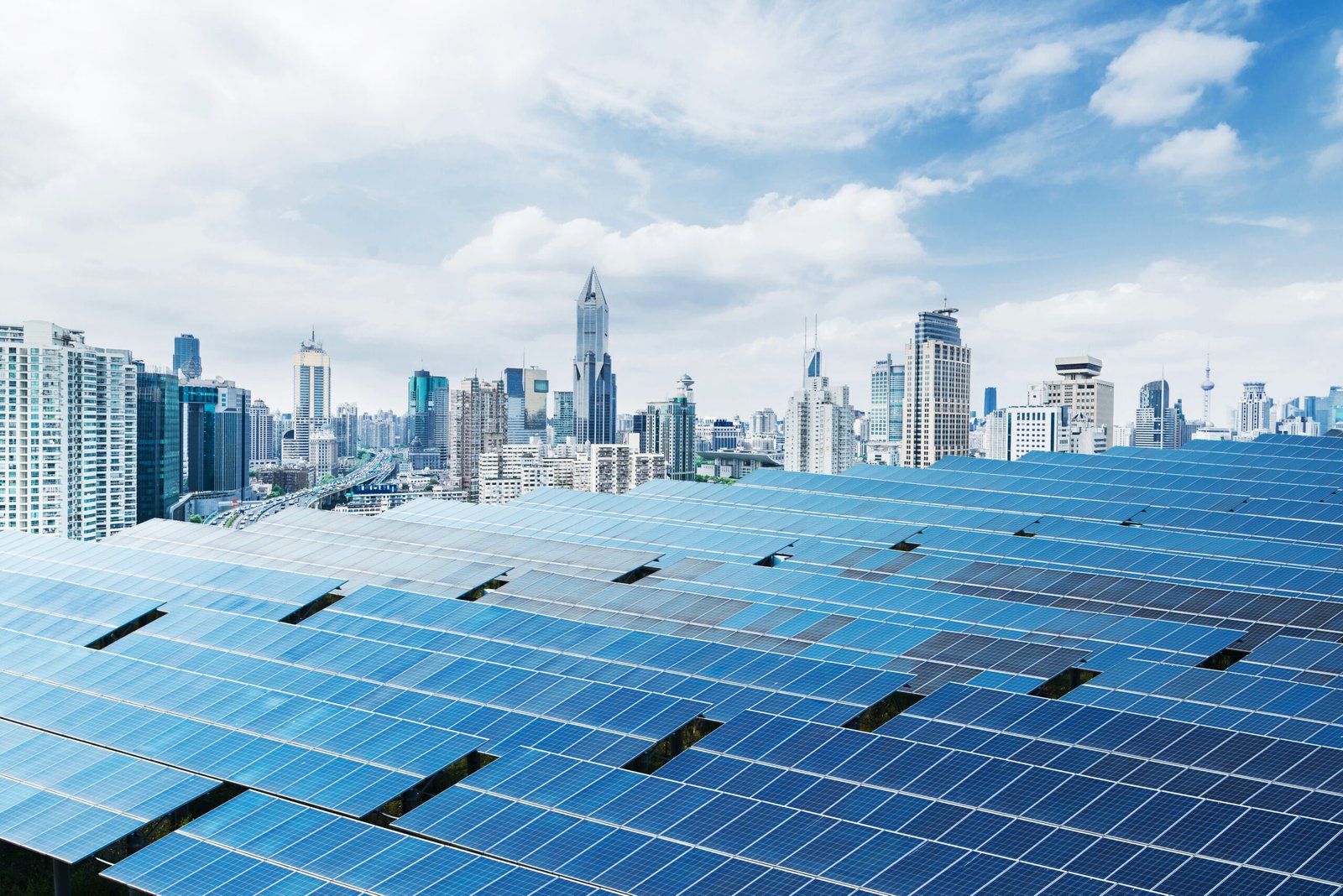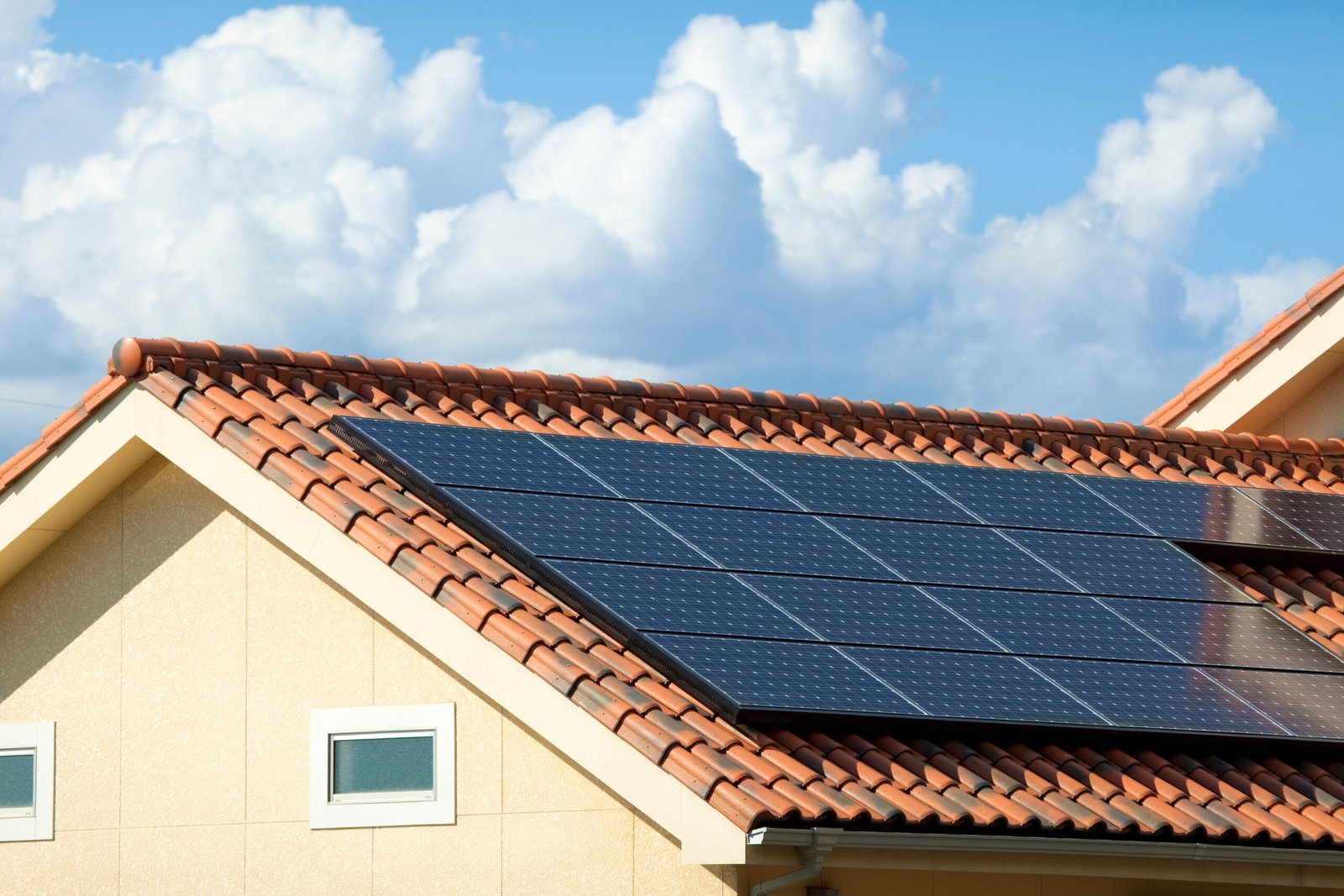Snippets
- Elon Musk’s Views: Discover why Musk refers to hydrogen fuel as “fool cells.”
- Hydrogen vs. Batteries: Learn the technical and practical differences shaping the debate.
- Future Implications: How Tesla’s battery-centric vision is impacting the global energy transition.
Table of Contents
ToggleIntroduction
The renewable energy world is buzzing with debates about the future of clean power. On one side, we have hydrogen fuel cells, touted by many as the next big thing. On the other, we have battery technology, championed by Tesla and its outspoken CEO, Elon Musk. Known for his bold claims, Musk has famously labeled hydrogen fuel cells as “fool cells,” dismissing them as an inefficient and impractical solution.
But is Musk right? Are batteries the undisputed kings of the renewable energy revolution, or does hydrogen deserve a place in the spotlight? In this article, we’ll explore Musk’s criticisms of hydrogen, compare the merits of both technologies, and examine the implications for Tesla and the broader energy sector.
Why Elon Musk Dismisses Hydrogen Fuel Cells
Musk’s sharp criticism of hydrogen fuel cells isn’t just marketing rhetoric—it’s rooted in the technical and practical challenges hydrogen faces as an energy source. Here’s why Musk has taken such a strong stance:
Inefficiency in Production
Producing hydrogen is an energy-intensive process. Electrolysis, which splits water into hydrogen and oxygen, requires large amounts of electricity. According to Musk, this energy could be better used to directly charge batteries, avoiding the inefficiencies of conversion. Each step in the hydrogen energy chain introduces losses, making it less efficient than battery technology.Infrastructure Barriers
A hydrogen-based energy system requires an entirely new infrastructure for production, storage, and distribution. This includes pipelines, high-pressure storage tanks, and specialized refueling stations—none of which exist on a large scale. Musk points out that building this infrastructure would cost billions, making it a less practical solution compared to the growing global battery network.Environmental Concerns
While hydrogen is clean at the point of use, its production often isn’t. Most of the hydrogen available today is derived from natural gas through steam methane reforming, which emits significant amounts of carbon dioxide. Green hydrogen, produced via renewable energy, remains expensive and limited in scale.
Musk’s critiques underscore the steep hurdles hydrogen must overcome before it can compete with batteries.

Batteries vs. Hydrogen: A Technical Showdown
The competition between batteries and hydrogen boils down to efficiency, scalability, and application. Each technology has unique strengths and challenges:
Batteries: The Efficiency Powerhouse
- Direct Energy Storage: Batteries store electricity directly, eliminating the need for complex intermediate processes like hydrogen production.
- Expanding Infrastructure: With the rise of EVs, battery charging networks are rapidly expanding worldwide, led by Tesla’s Supercharger network.
- Challenges: Batteries rely on finite resources like lithium and cobalt, raising concerns about long-term sustainability and environmental impacts.
Hydrogen: The Energy-Dense Contender
- High Energy Density: Hydrogen packs more energy per kilogram than batteries, making it ideal for long-haul transport and heavy industries.
- Versatility: Hydrogen can be used in fuel cells to generate electricity or as a raw material for industrial processes.
- Challenges: Hydrogen is difficult to store and transport due to its low density and high flammability, requiring specialized infrastructure.
While batteries excel in passenger vehicles and grid storage, hydrogen shows promise for sectors like aviation, shipping, and heavy manufacturing.

Stay Informed. Stay Ahead
Join a community that goes beyond the headlines. Our newsletter delivers:
🔹 Curated Industry Insights
🔹 Expert Analysis
🔹 Actionable Impact
No fluff. No generic updates. Just meaningful insights that help you lead in a fast-evolving industry.
Tesla’s Battery-Centric Vision
Tesla has staked its future on batteries, and it’s easy to see why. The company’s innovations in battery technology are setting new benchmarks for the industry:
Scalability and Cost Reduction
Tesla’s gigafactories are mass-producing batteries at unprecedented scales, driving down costs and making EVs more accessible. Innovations like the 4680 battery cell promise higher energy density and faster production times.Integration with Renewables
Tesla’s Powerwall and Powerpack systems enable homeowners and businesses to store solar and wind energy for later use. This seamless integration with renewable energy sources positions Tesla as a leader in the clean energy transition.A Simple, Scalable Solution
Unlike hydrogen, which requires complex infrastructure, Tesla’s battery technology leverages existing electrical grids. This simplicity has been a cornerstone of Tesla’s strategy to accelerate the adoption of sustainable energy.
Tesla’s focus on batteries isn’t just about cars—it’s about building a comprehensive ecosystem for clean energy.
The Future of Energy: Room for Both?
The energy transition isn’t a zero-sum game. While Tesla bets on batteries, hydrogen still has a role to play. Here’s how the two technologies could coexist:
Hydrogen’s Niche Applications
Hydrogen is well-suited for applications where batteries fall short, such as long-haul transportation, industrial processes, and aviation. Its high energy density and fast refueling times make it a strong contender in these sectors.Batteries for Everyday Use
For passenger vehicles, consumer electronics, and grid storage, batteries are the clear choice. Their efficiency, scalability, and lower infrastructure costs give them a significant edge.A Hybrid Future
In some cases, a hybrid approach might emerge. For example, hydrogen could power heavy-duty trucks, while batteries dominate urban transport.
As the renewable energy landscape evolves, collaboration between these technologies may be the key to achieving a carbon-free future.
Conclusion
Elon Musk’s criticism of hydrogen fuel cells has sparked a crucial debate in the renewable energy sector. While hydrogen faces significant hurdles, its potential in niche applications cannot be ignored. On the other hand, Tesla’s battery-first approach offers a scalable, efficient solution that’s already transforming the energy market.
The future of energy likely won’t be dominated by a single technology. Instead, we’re heading toward a diverse ecosystem where batteries and hydrogen coexist, each addressing specific challenges. As innovation continues, the ultimate goal remains clear: a cleaner, greener planet powered by renewable energy.
Whether you’re team battery or team hydrogen, one thing is certain—this is one of the most exciting times in energy history. Let’s keep the conversation going. What do you think about Musk’s take on hydrogen? Share your thoughts in the comments below!







Brilliant perspective! Sprunki redefines musical creativity through gaming. Sprunki offers unprecedented freedom in composition and exploration. The way Sprunki empowers users to express themselves musically is revolutionary.
Great insights on roulette probabilities-tying it to AI tools like the AI Analytics Assistant could help players make smarter, data-driven bets.
SuperPH22 is a thrilling slot with smart gameplay and 1024 ways to win. The Jocker Card wilds and free spins with multipliers really stand out. For daily players, balancing bets and fun is key. Check out Super PH for a rewarding experience.
Là người mới chơi, tôi loay hoay mãi không biết bắt đầu từ đâu, nhưng nhờ đọc bài này nên tự tin thử slot trên **123bet**. Giao diện dễ hiểu, quay phát ăn liền – đúng kiểu tân binh không bị ‘ngợp’!
Roulette strategy is fascinating – the math behind it all! Seeing platforms like the 2jl club offer diverse games makes exploring those strategies even more accessible for players in the Philippines. Great to see options like the 2jl app too!
That’s a great point about mindful gaming – it’s easy to get carried away! A platform prioritizing well-being and entertainment sounds ideal. Checking out 222ph vip for a more balanced approach – secure registration is key, right? 🤔
Nagawa ko na ang lahat para sa jili7 free 25! Ang 25 free spins ay tunay na naging bahagi ng aking araw-araw na routine. Hindi ko alam kung paano ako mawawala dito. jili7 free 25